On 9-10 February 2025, Sohar University, in collaboration with the UNESCO Regional Office for the Gulf States and Yemen and the Oman National Commission for Education, Culture, and Science, organised the "Artificial Intelligence Conference: Navigating Digital Skills and Decent Work Conference" at its campus in Sohar, Oman. The eighth Sohar Univeristy Research Conference was also conducted as part of the event. The conference was held under the patronage of H.E. Professor Rahma bint Ibrahim Al Mahrouqi, Minister of Higher Education, Research, and Innovation.
The conference aims to enhance research and innovation in aritifical intelligence and various academic disciplines, showcase good practices on developing digital and professional skills, and strengthen international collaboration by fostering partneships between Sohar University and organisations from across the globe. It gathered a distinguished group of researchers, academics, and experts from local and international institutions from 13 countries.

Dr. Hamdan Al Fazari, Vice Chancellor of Sohar University, delivered a welcoming speech. He emphasised that universities play a major role in equipping their students with the knowledge and skills to meet market demands in the AI era. In his opening remarks, Dr. Anasse Bouhlal, Regional Programme Specialist for Higher Education and TVET, UNESCO Regional Office for the Gulf States and Yemen, highlighted the significance of ethical and effective AI integration in higher education. Mr. Bader Suliman Al Harthy, Assistant Secretary-General of the Oman National Commission for Education, Culture, and Science, pointed out that digital transformation serves as a fundamental pillar for achieving economic and social progress, stressing the urgend need to build digital and AI skills.
Mr. CAO Zian, Chief (a.i.) of the Global Partnership and Programme Office, UNESCO-ICHEI, delivered a keynote address on the readiness of higher education educators in the AI era. He noted that, in line with the UNESCO AI Competency Framework for Teachers, it is essential for the higher education workforce to develop competencies in areas, such as human-centred mindset, ethics of AI, AI foundations and applications, AI pedagogy, and AI for professional development. Mr. CAO Zian also introduced the work of UNESCO-ICHEI on enhancing digital and AI competencies for higher education educators. This includes collaborative course development and localised teacher capacity-building programmes, implemented in partnership with higher education institutions.

During the panel discussion, keynote speakers underscored that today's workforce requires general digital skills, domain-specific digital skills, as well as complementary skills such as analytical thinking, creative thinking, and resilience and flexibility. For higher education institutions to effectively prepare students for the future of jobs, it is critical to undertake a human-centred, multistakeholder, and holistic approach to responsibly incorporate AI into higher education systems.
Sohar University
Sohar University was established in September 2001 as the first private university in the Sultanate of Oman. The University was founded with the vision of building a distinguished Omani university that harmonises national aspirations and global prominence through excellence and innovation. It currently consists of six faculties, covering the fields of business, computing and IT, education and arts, engineering, language studies, and law. Sohar University is known for its impressive labs, which provide excellent means for research, knowledge transfer, and student engagement.
On 9-10 February 2025, Sohar University, in collaboration with the UNESCO Regional Office for the Gulf States and Yemen and the Oman National Commission for Education, Culture, and Science, organised the "Artificial Intelligence Conference: Navigating Digital Skills and Decent Work Conference" at its campus in Sohar, Oman. The eighth Sohar Univeristy Research Conference was also conducted as part




